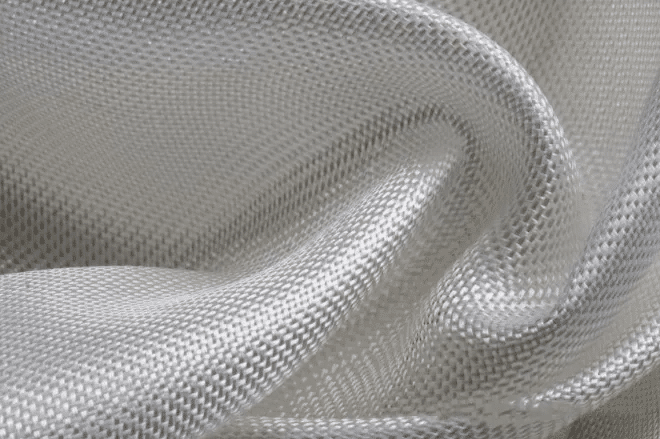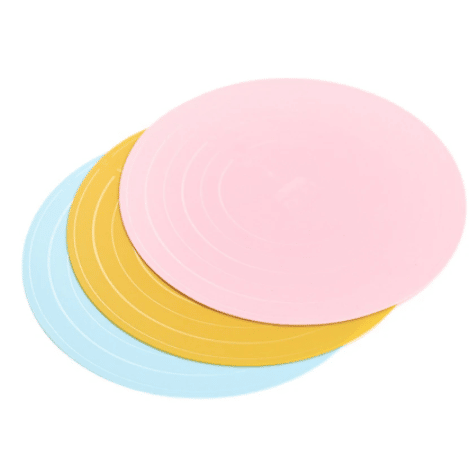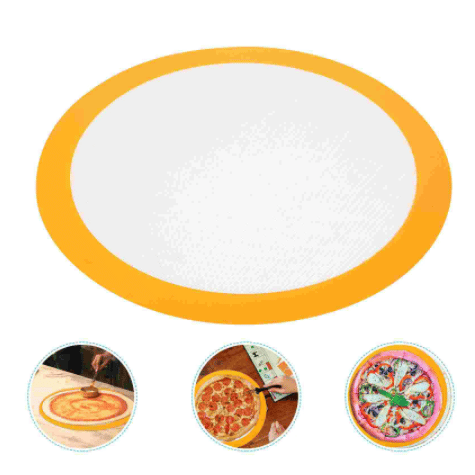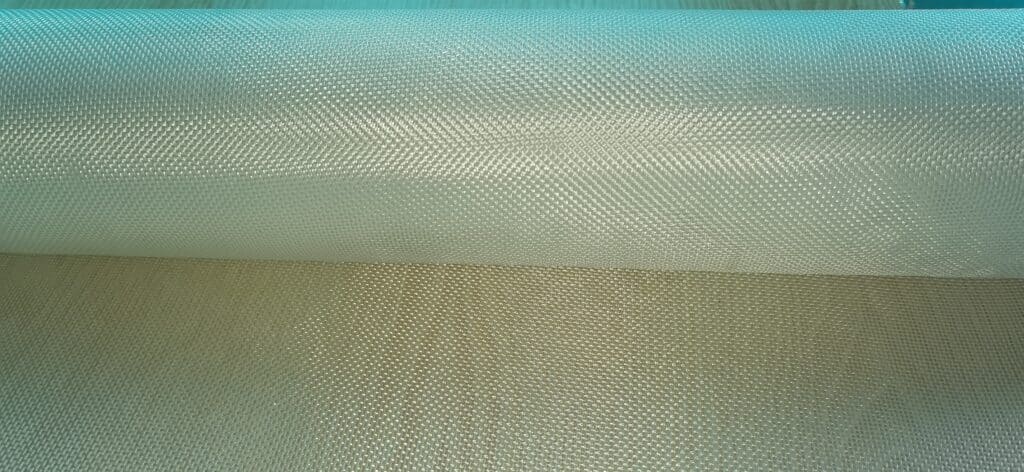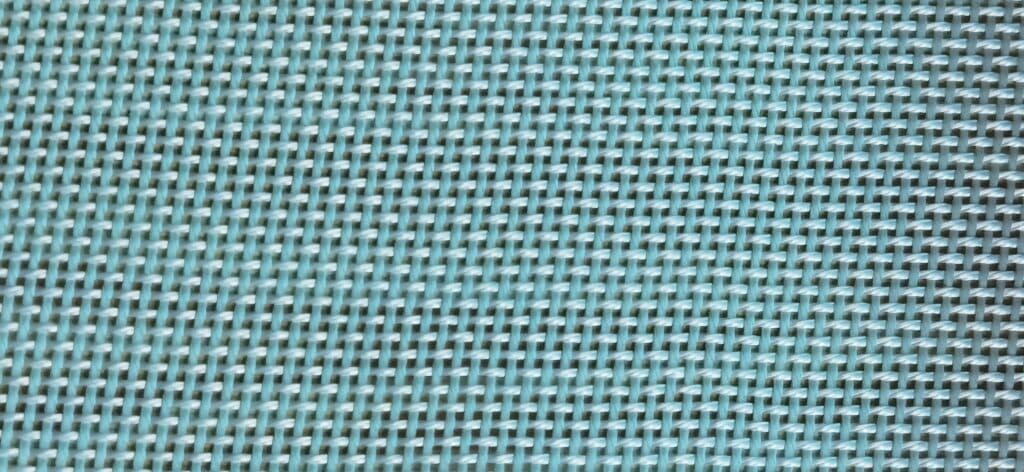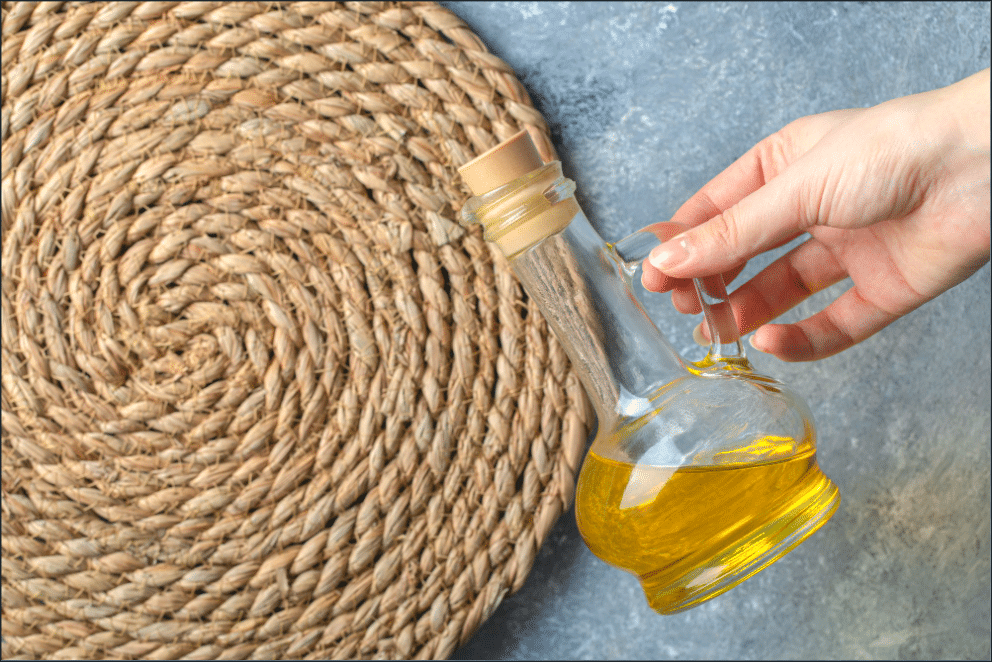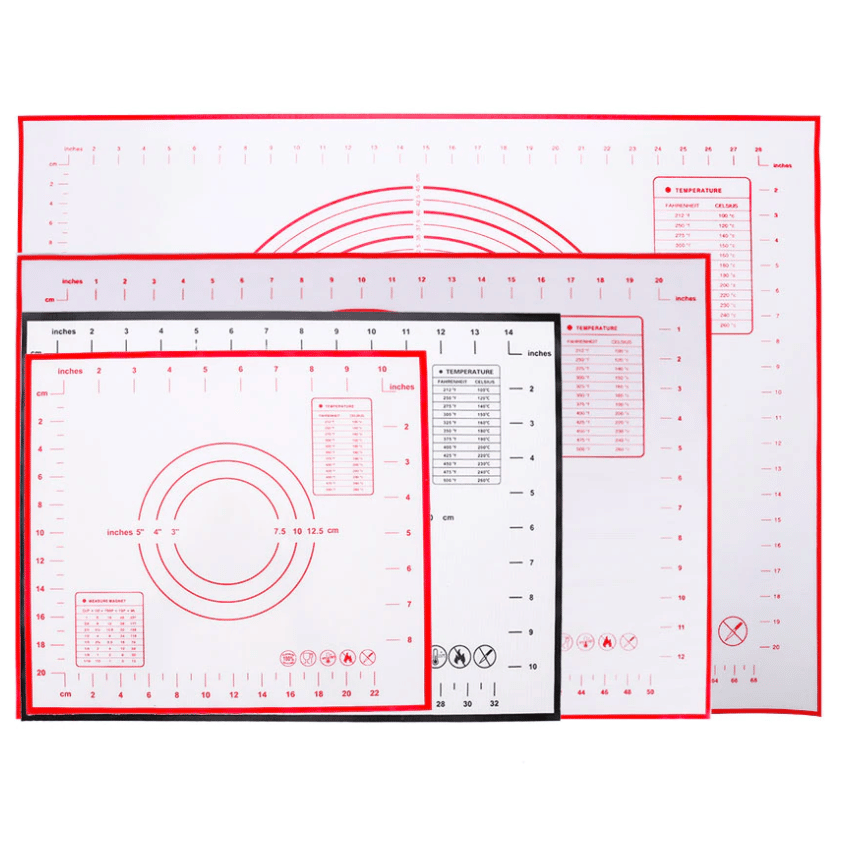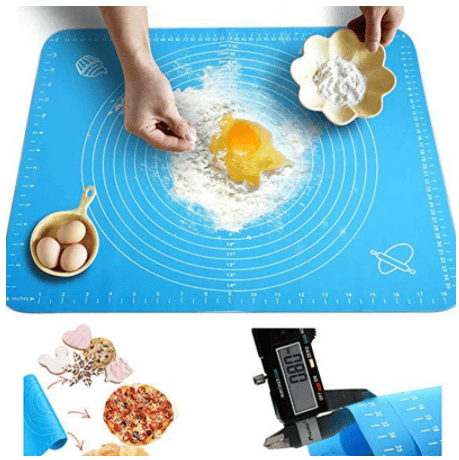Is the Fiberglass in Silicone Mats Safe?
Silicone baking mats have become a popular alternative to traditional parchment paper and greasing baking sheets. These mats provide a non-stick surface and are reusable, making them an eco-friendly and cost-effective choice for baking enthusiasts. However, concerns have been raised about the safety of fiberglass, which is sometimes used in the construction of silicone baking mats.
In this article, we will examine the composition and materials of silicone baking mats, the role of fiberglass in their construction, the safety of fiberglass in food-grade silicone baking mats, and tips for ensuring the safe use and maintenance of these products.
Composition and Materials of Silicone Baking Mats
Silicone baking mats are made from food-grade silicone for two used area surface, a type of synthetic polymer that is derived from silica, a common mineral found in sand and quartz. Food-grade silicone is an inert material that is resistant to heat and chemicals, making it a popular choice for use in food contact materials.
The glass fiber in silicone baking mats is safe. Silicone baking mats are usually made of food-grade silicone material with a glass fiber layer in the middle. This design helps to enhance the tear resistance of silicone. The glass fiber itself is non-toxic, and the silicone mat can be used normally in high temperature environments without releasing toxic substances.
Food-Grade Silicone Properties:
Food-grade silicone is a non-toxic, non-reactive material that does not release any harmful chemicals when exposed to heat or other food products. It is also resistant to stains, odors, and bacteria growth, making it a hygienic choice for use in the kitchen. Additionally, food-grade silicone is highly durable and can withstand temperatures ranging from -40°F to 500°F, making it ideal for use in baking and cooking.
Food Grade Silicone Article:
-
What Is Food Grade Silicone-A safe, durable and environmentally friendly new favorite in the kitchen
-
What Is the Difference Between Food-Grade Silicone and Regular Silicone?
-
What Is the Difference Between Food Grade and Medical Grade Silicone?
-
what does food-grade silicone do?
-
The best way to tell the difference of LFGB and FDA food silicone products?
-
How to test food-grade silicone?
-
How to distinguish food-grade silicone?
-
How to distinguish ordinary silicone and food-grade silicone products?
-
How safe is using food-grade silicone in baking and high temperatures?
-
How Safe Is Silicone For Food Storage
Role of Fiberglass in Silicone Baking Mats
Fiberglass is a type of reinforced plastic that is made by weaving together thin strands of glass into a fabric. In silicone baking mats, fiberglass is used as a reinforcement material to provide stability and durability to the silicone. The fiberglass is typically encapsulated within the silicone matrix, which means that it is not exposed to food or air.
Enhanced performance : The glass fiber layer can enhance the tear resistance of silicone, making the baking mat more durable
Non-toxic and environmentally friendly : The silicone baking mat is made of high-quality environmentally friendly food-grade silicone, which is non-toxic and environmentally friendly, resistant to high and low temperatures, and will not release harmful substances
Widely used : Silicone baking mats are widely used in food baking, such as baking French dessert macarons. They can heat food evenly, do not stick to food, and are easy to clean
Fiberglass: Definition and Properties
Fiberglass is a versatile material that is used in a wide range of applications, from construction and insulation to sports equipment and electronics. It is a strong and lightweight material that is resistant to moisture, heat, and chemicals. Fiberglass is also an excellent insulator, which makes it ideal for use in applications where temperature control is important.
Physical and Chemical Properties of Fiberglass
Fiberglass is a composite material that is made up of a matrix of polymer resin and glass fibers. The glass fibers provide strength and stability to the material, while the resin acts as a binding agent. Fiberglass is highly resistant to heat, chemicals, and moisture, making it a durable and long-lasting material.
Safety of Fiberglass in Silicone Baking Mats
While concerns have been raised about the safety of fiberglass in food-grade silicone baking mats, research has shown that encapsulated fiberglass is safe for use in these products. The fiberglass is fully encapsulated within the silicone matrix, which means that it is not exposed to food or air. Additionally, food-grade silicone is an inert material that does not release any harmful chemicals when exposed to heat or food products.
But we need avoid using damaged mats
Surface scratches and cracks may cause glass fiber to overflow and need to be replaced in time
Encapsulation of Fiberglass within the Silicone Matrix
The encapsulation of fiberglass within the silicone matrix is an important safety feature of silicone baking mats. This ensures that the fiberglass is not exposed to food or air, which could potentially cause contamination. Additionally, encapsulation provides stability and durability to the mat, ensuring that it can withstand repeated use and high temperatures without breaking down or becoming damaged.
Regulations and Standards for Food-Grade Silicone Baking Mats
Food-grade silicone baking mats must meet certain regulations and standards to ensure their safety for use in contact with food. The FDA has approved the use of silicone for food contact applications, including baking mats, as long as the silicone is food-grade and meets certain specifications. Additionally, some silicone baking mats are certified by third-party organizations, such as NSF International, to ensure their safety and quality.
Potential Risks Associated with Fiberglass Exposure
Exposure to fiberglass can cause skin and eye irritation, as well as respiratory problems if the fibers are inhaled. However, the encapsulation of fiberglass within the silicone matrix in baking mats greatly reduces the risk of exposure to fiberglass. Additionally, it is important to follow proper usage and maintenance guidelines to ensure the safety of the mat.
Tips for Ensuring the Safety of Silicone Baking Mats
When selecting a silicone baking mat, it is important to choose a high-quality product that meets regulatory standards and is certified by a reputable third-party organization. It is also important to properly use and maintain the mat, including washing it thoroughly before and after use and avoiding the use of sharp utensils that could damage the surface of the mat.
Proper Usage and Maintenance of Silicone Baking Mats
To ensure the safe use of a silicone baking mat, it is important to follow these guidelines:
- Wash the mat thoroughly before first use and after each use with warm, soapy water.
- Avoid using sharp utensils, such as knives or scissors, on the surface of the mat.
- Do not expose the mat to temperatures higher than its recommended temperature range.
- Do not use the mat on an open flame or directly on the bottom of the oven.
- Store the mat flat or rolled up to prevent damage.
Signs of Wear and Tear to Look for in Silicone Baking Mats
Normal use, the glass fiber in the silicone baking mat does not have a direct impact on health. This is because the glass fiber is wrapped inside the silicone and does not come into direct contact with food, nor does it release harmful substances during the cooking process.
However, it should be noted that although the glass fiber itself does not harm health, you still need to pay attention to safety when using silicone baking mats. Because the glass fiber has a high hardness, if the baking mat is accidentally scratched or worn, the exposed glass fiber may cause scratches to the human body. In addition, when using silicone baking mats at high temperatures, you should avoid burning it or burning food to avoid producing harmful substances.
In order to use silicone baking mats safely, consumers are advised to choose regular brands when purchasing to ensure reliable product quality. During use, pay attention to keeping the baking mat clean and intact to avoid scratches or wear. At the same time, pay attention to controlling the cooking temperature and time to avoid burning food and baking mats.
Over time, silicone baking mats may show signs of wear and tear, such as discoloration or warping. If the mat becomes damaged, it should be replaced to ensure the safety of food products. Additionally, if the mat becomes heavily stained or has a persistent odor, it may be time to replace it.
The glass fiber in the silicone baking mat does not have a negative impact on health and safety.
Conclusion
In conclusion, silicone baking mats are a safe and effective alternative to traditional parchment paper and greasing baking sheets. While concerns have been raised about the safety of fiberglass in these mats, research has shown that encapsulated fiberglass is safe for use in food-grade silicone baking mats. By selecting a high-quality mat that meets regulatory standards, properly using and maintaining the mat, and being aware of signs of wear and tear, you can ensure the safe and effective use of silicone baking mats in your kitchen.
Z.S.R help the brand to create the silicone baking mats to fit their markets needs. Contact Z.S.R to get the your branded silicone baking mats now!
Technical Related
About Author: Z.S.R International Group
Z.S.R International Group(Hong Kong) co., Limited, is a one-stop supplier for molded silicone products and silicone products molding solution provider in the consumer products field. We offer OEM services from silicone product design to Silicone products contract manufacturing. We have the capability for custom silicone tooling, LSR(Liquid silicone Rubber) molded silicone products, solid silicone molded products, molded silicone multi-colored products. We also can custom molded silicone, custom molded LSR, custom molded dripping injection dispensing(co-injection) silicone multi-colored products.


